Birmingham Clean Air Zone: What you need to know
- Published
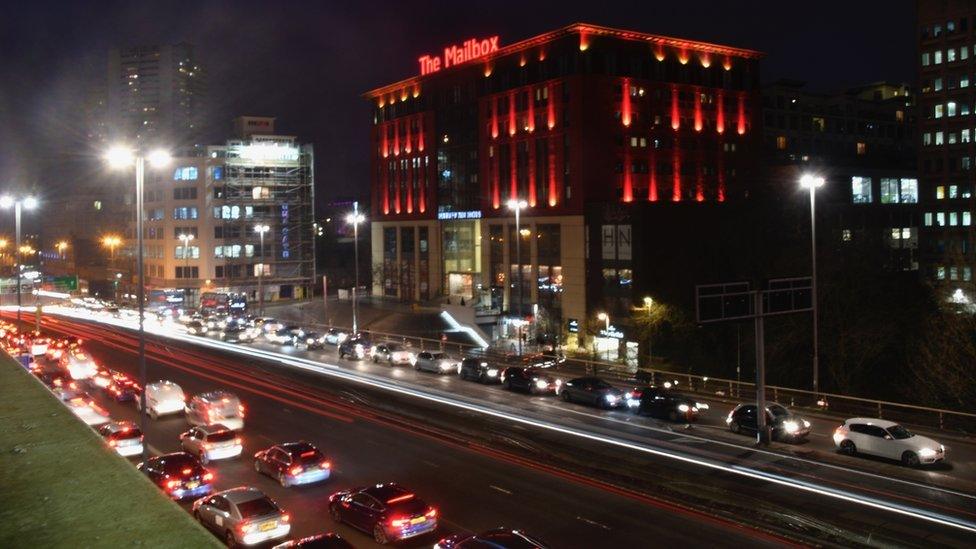
Some drivers using part of the A38 in the city centre face charges under the proposals
Drivers of high-polluting cars will pay £8 to travel into the centre of Birmingham from 1 June, with the launch of the city's Clean Air Zone (CAZ).
The zone will see older vehicles that do not meet emissions standards charged for driving within the city's ring road - and failure to do so means facing a £120 fine.
It is part of a radical transport plan which could see all private cars banned from driving through the city centre by 2031.
But how will it work and how will it affect you? The BBC looks at some of the key questions and answers.
Will it affect me?
The penalty is for vehicles with high nitrogen dioxide (NO2) emissions, so there won't be a charge with a blanket tariff on everyone going into the zone.
Paying only applies to non-compliant vehicles - diesels manufactured before 2015 and petrol cars made before 2006.
You can use this simple online vehicle checker, external to see if yours is affected by the change.
How much will it cost?
The charges for high-polluting vehicles are £8 a day for cars, taxis and vans, and £50 for buses, coaches and HGVs driving in central Birmingham.
However, be careful if your journey back out of the city is after midnight - as you will be charged twice. This could particularly affect those having a night out in the city, or night workers.
And here's a really important thing to remember: the onus is on you to pay.
You won't get a text alert, email or letter - you have to be aware your high-polluting vehicle is in the zone and pay up, and failure to pay means a fine of up to £120.
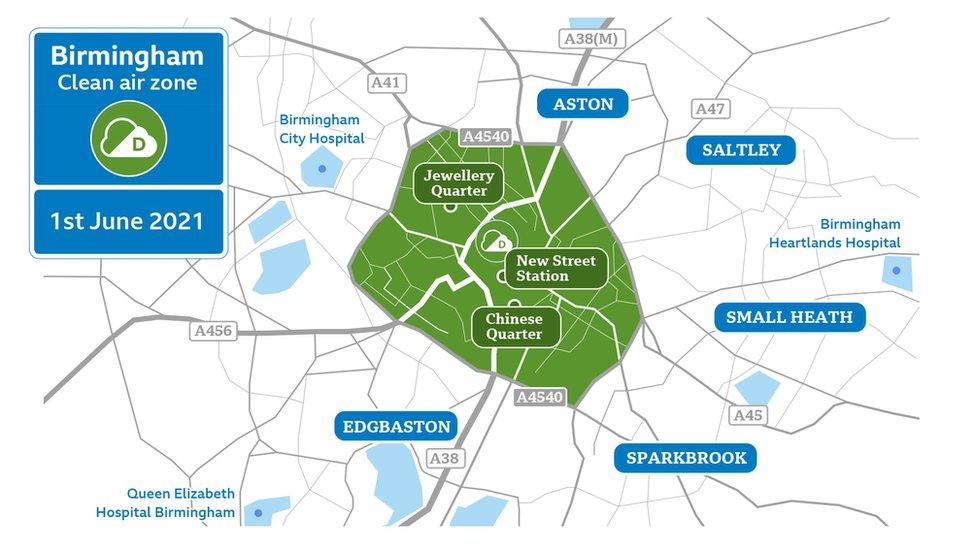
How do I pay?
Payment must be made via the government's online payment system, external or by calling the National Contact Centre on 0300 029 8888 (08:00 to 16:30) either:
Six days before the day of your visit
The day of your visit
Six days after the day of your visit
Vehicles entering the area inside the ring road will be picked up by automatic number plate recognition (ANPR) cameras, so there will not be any barriers or toll booths.
If you do not pay during that allocated 13-day payment window, you will be subject to a penalty charge notice of £120, reduced to £60 if paid within 14 days.
People will not pay for vehicles below the emissions standard if they are parked within the zone all day but are not turned on.
Who is exempt?
Some - but not all - people who live and work in the zone and have high-polluting cars will be temporarily exempt, along with some other groups.
Those who are must apply for a temporary exemption permit to avoid the charge. You can check exemptions, and apply for permits, here, external.
They include:
People who live in the zone and have a car registered to their address are exempt for up to two years
Those who work in the zone for at least 18 hours a week and earn less than £30,000 a year are exempt for up to two years
Businesses based in the zone can apply for temporary permits for a maximum of two vehicles
People coming into the zone for medical appointments at Birmingham Children's Hospital, Bath Row Medical Practice and Badger Medical or for a Covid vaccination can apply for a exemption voucher
There will be permanent exemptions for vans and minibuses registered to provide school and community transport, recovery vehicles, emergency service vehicles, historic and military vehicles, and for vehicles with disabled tax class.
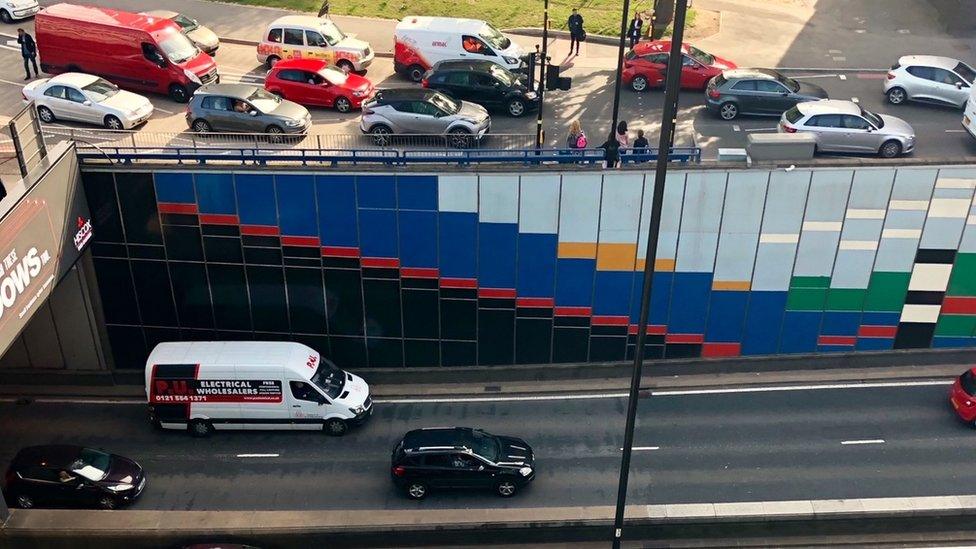
Hundreds of people die prematurely because of air pollution in Birmingham, prompting the Clean Air Zone
Where does it apply?
All roads inside the A4540 Middleway ring road fall into the clean air zone, but the circular route itself is not included.
So, for example, a driver travelling on the M6 who leaves at Spaghetti Junction would be charged if they go through the city centre on the A38.
The council believes the ring road is a sensible boundary which is clear to motorists and the clean air zone covers most of the worst pollution hotspots.
It is proposed the charge is effective all day, every day.
Is there help for those affected?
For some people there is a possibility of cash to get rid of your old car, external and buy a less polluting model.
The council has secured £15m to help taxi drivers upgrade to newer, cleaner vehicles.
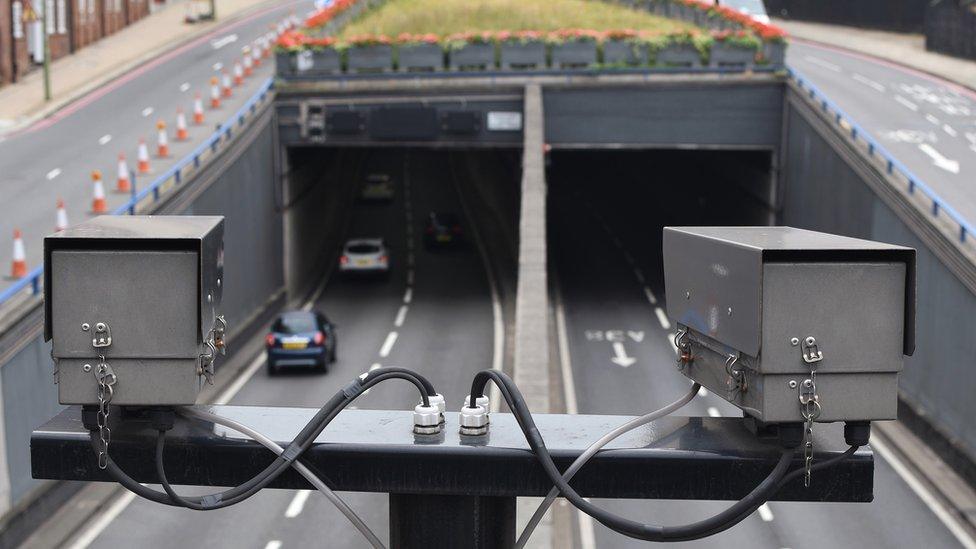
Drivers of high-polluting vehicles will be charged of £8 for cars and £50 for buses and HGVs
Why is the council doing this?
Air pollution is widely regarded as a public health crisis in Birmingham that contributes to 900 premature deaths a year in the city.
The Labour-run council has stated because of the ministerial direction it had received, it was "impossible" to introduce a zone without charges.
It faced a fine of up to £60m if it failed to implement the zone.
How many people is this likely to affect?
Out of the 200,000 vehicles that pass through the city centre every day, about 60% do not comply with the required emission standards, studies have suggested.

Follow BBC West Midlands on Facebook, external, Twitter, external and Instagram, external. Send your story ideas to: newsonline.westmidlands@bbc.co.uk, external
- Published28 May 2021
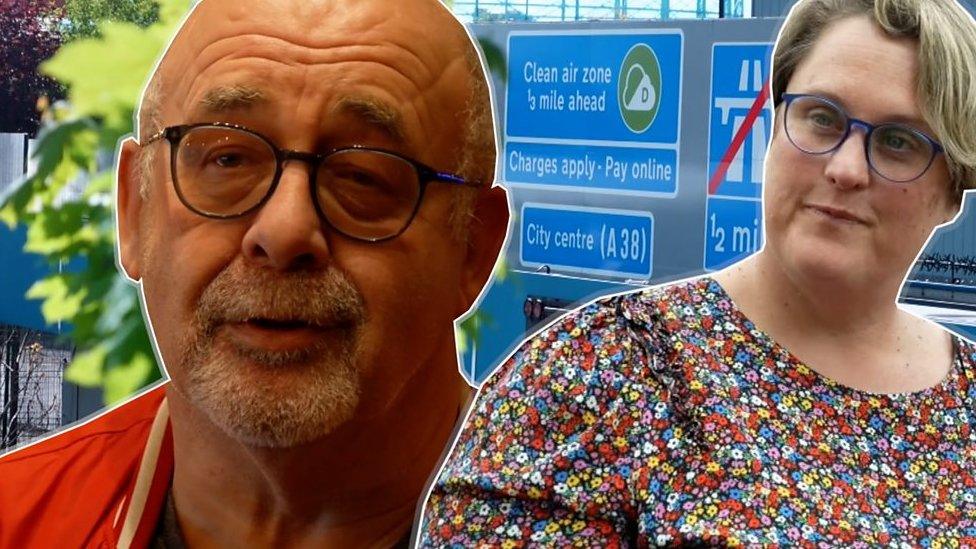
- Published5 May 2021
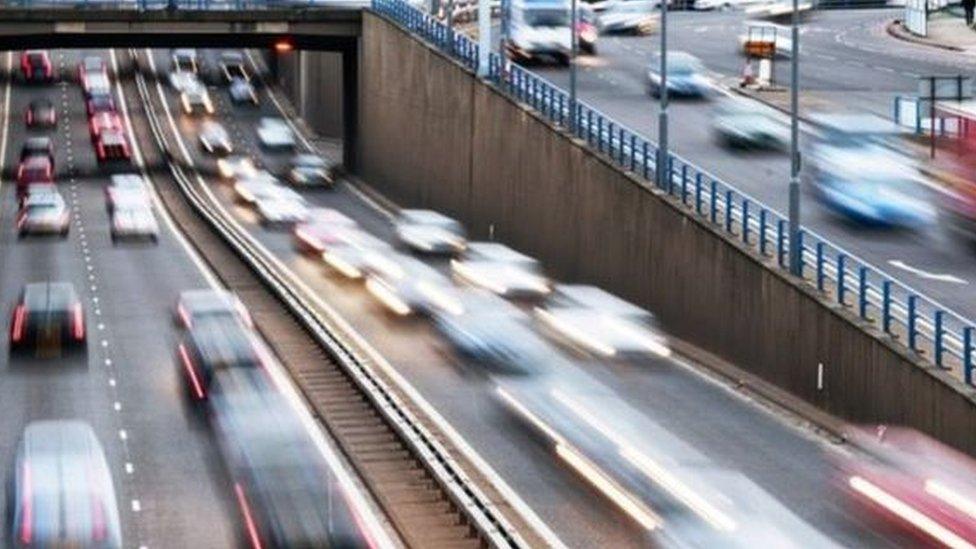
- Published2 May 2021
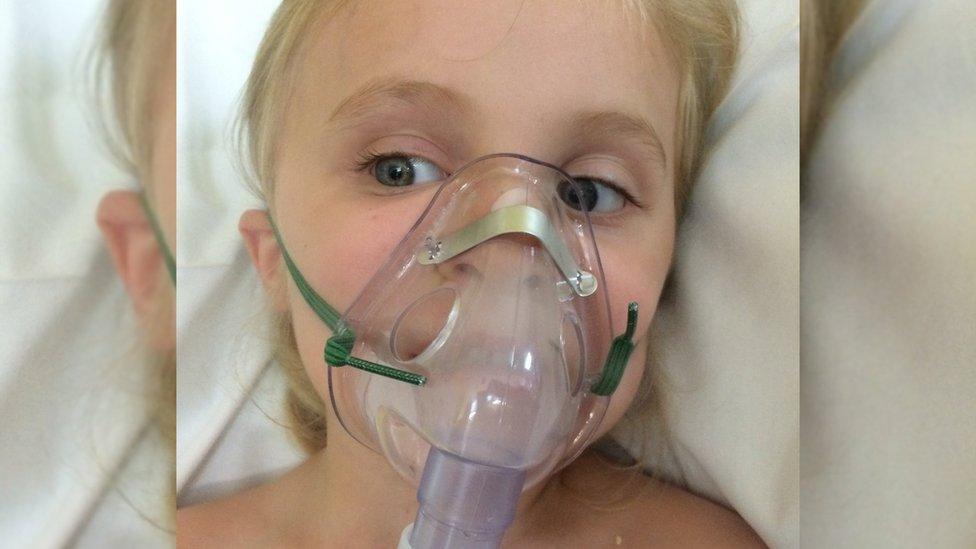
- Published19 January 2021
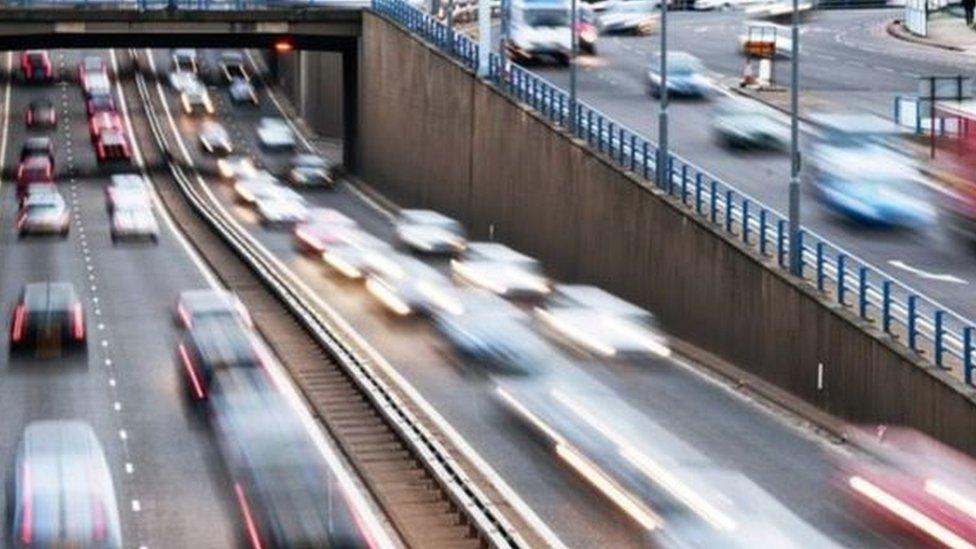
- Published8 October 2020

- Published13 January 2020
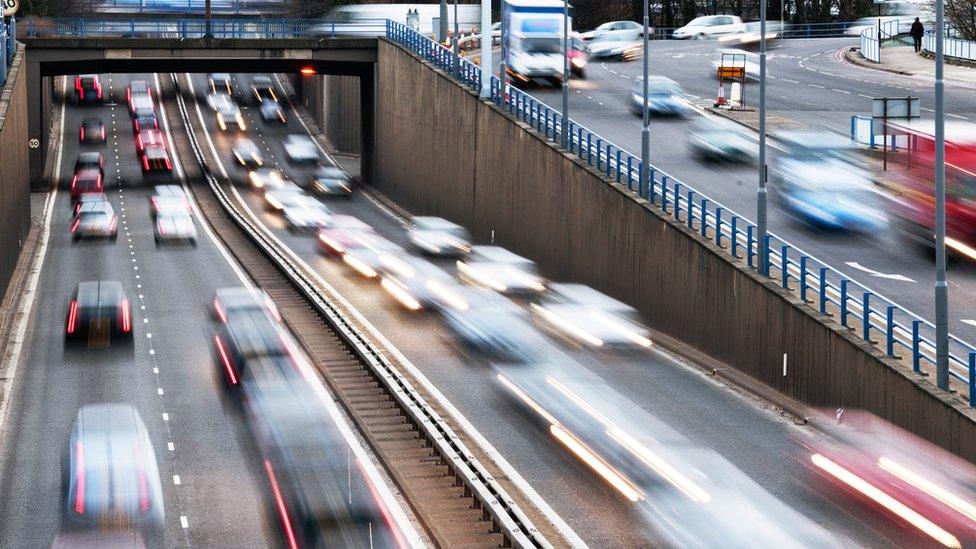
- Published18 June 2019

- Published12 March 2019
